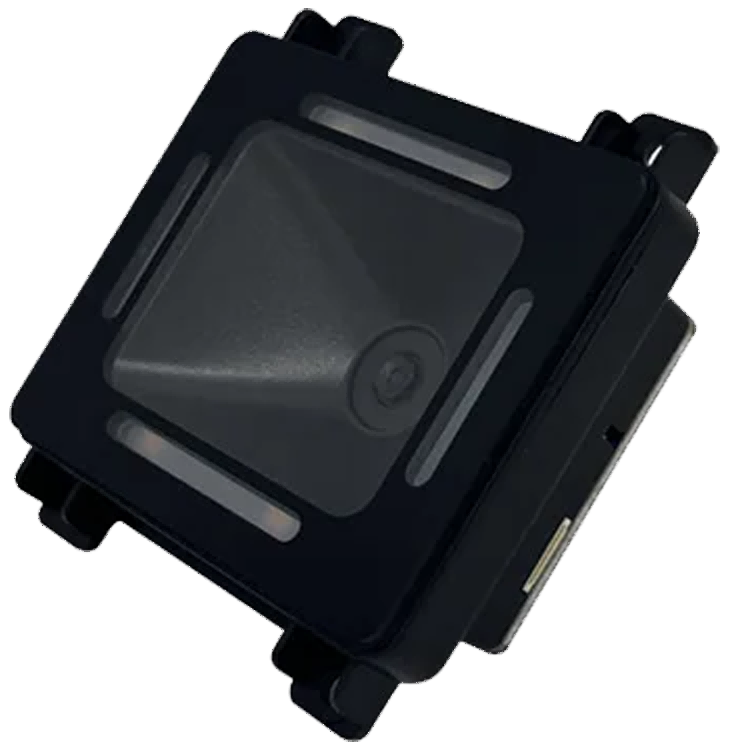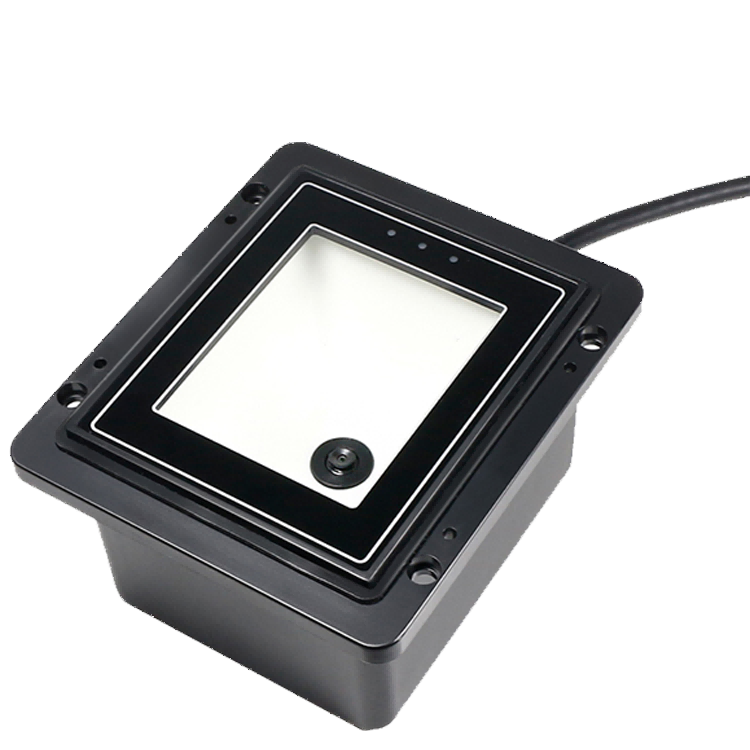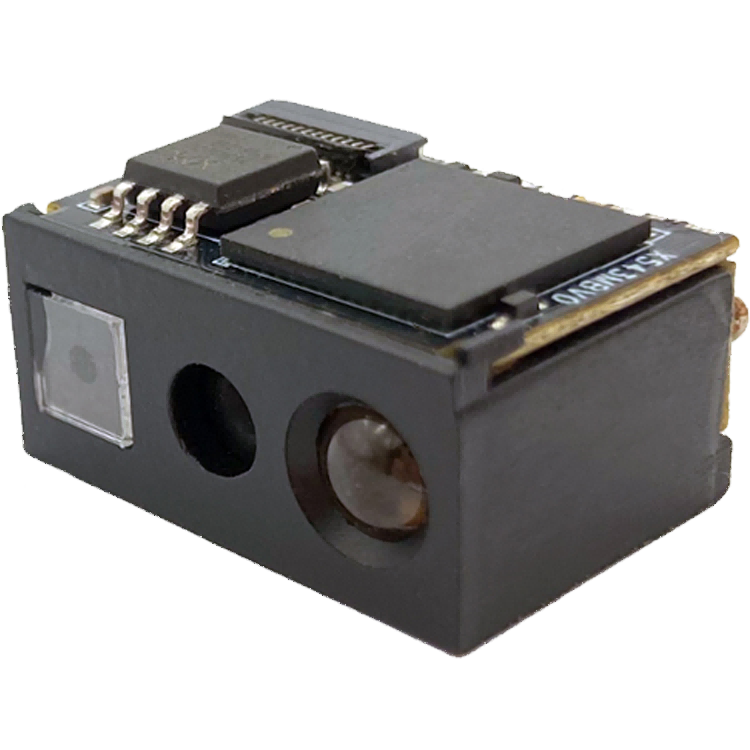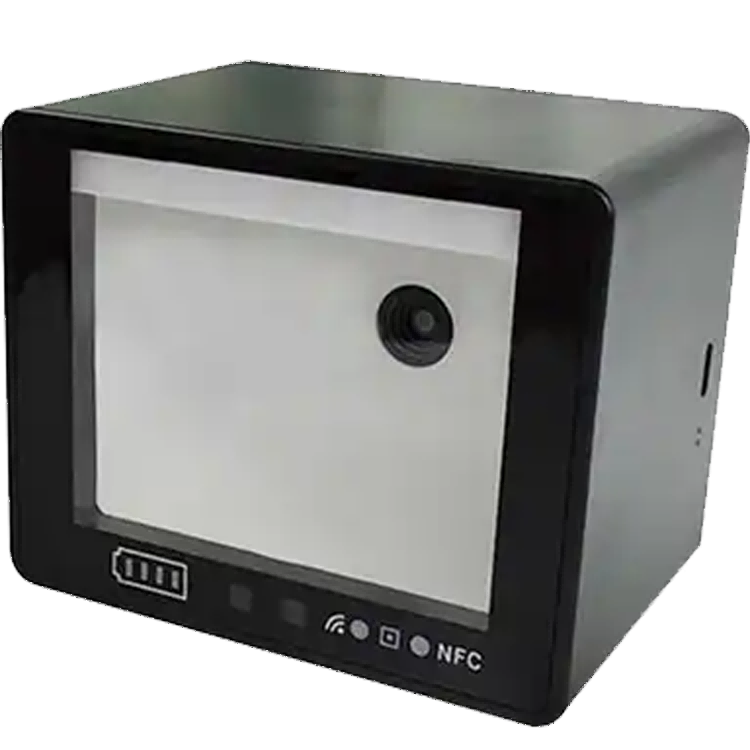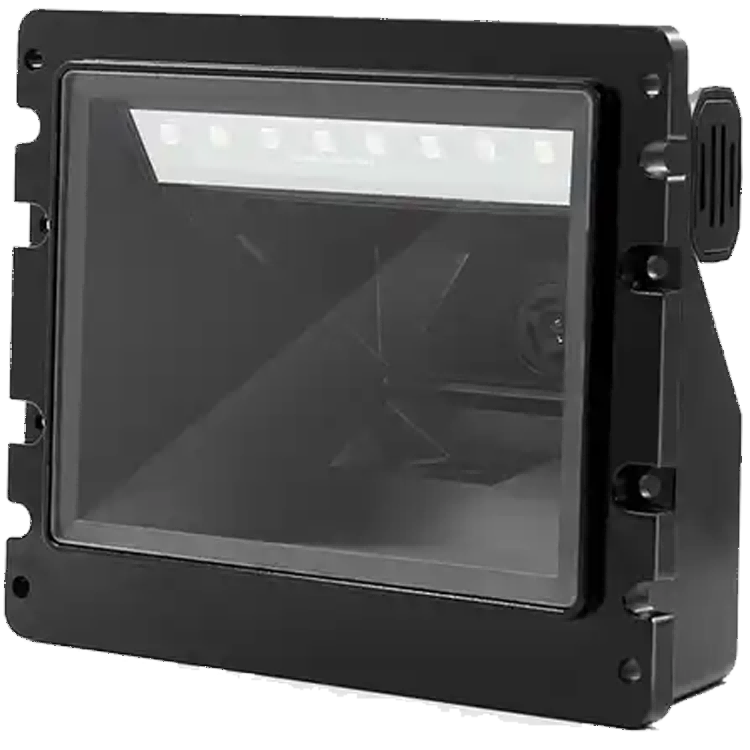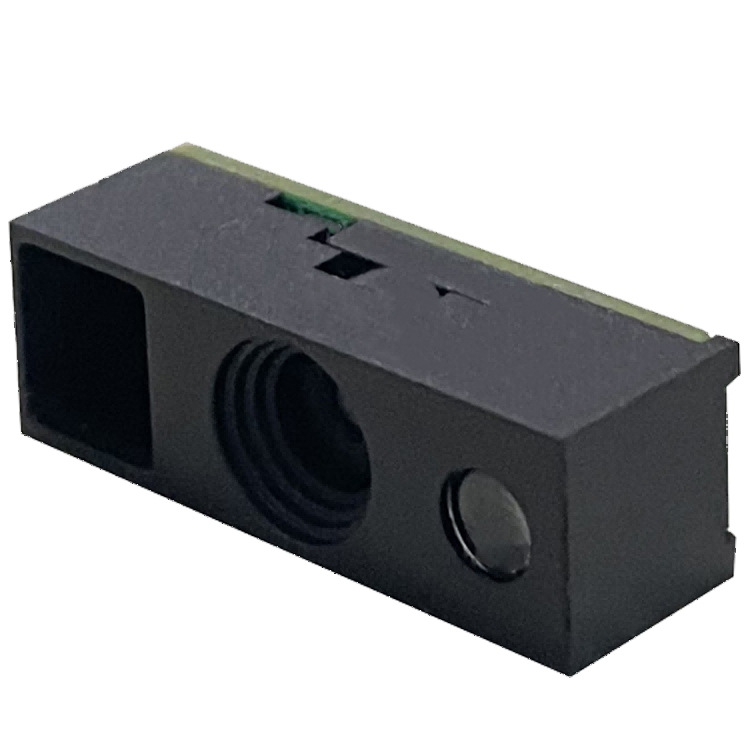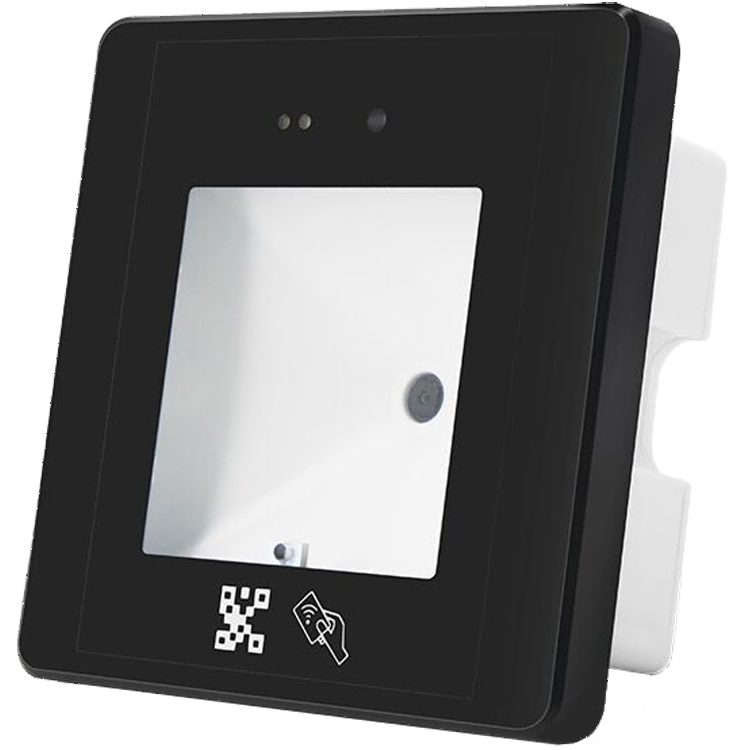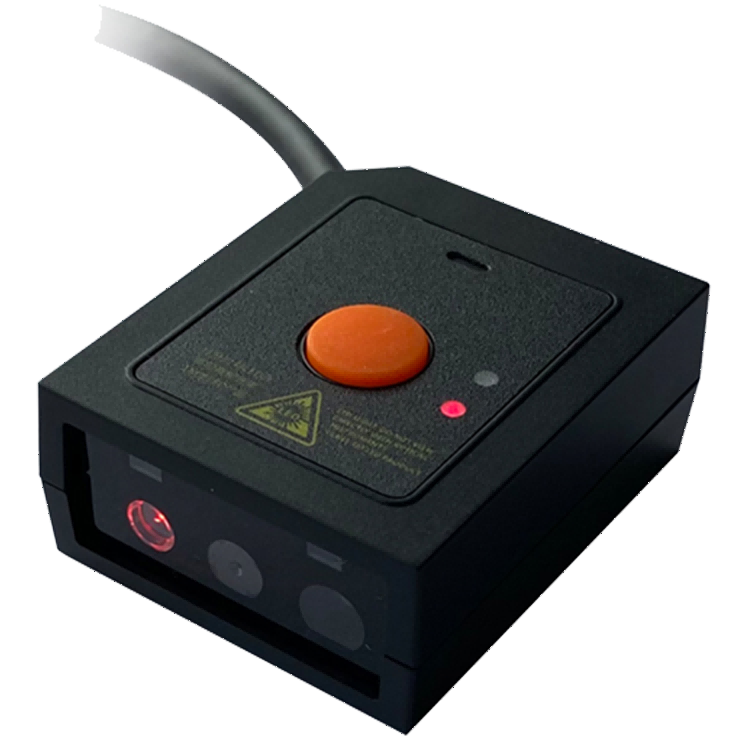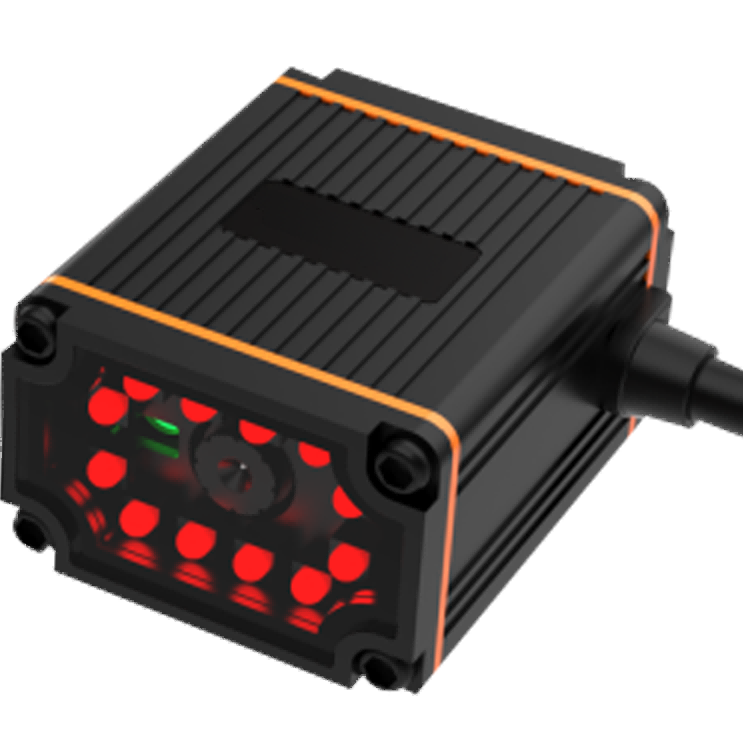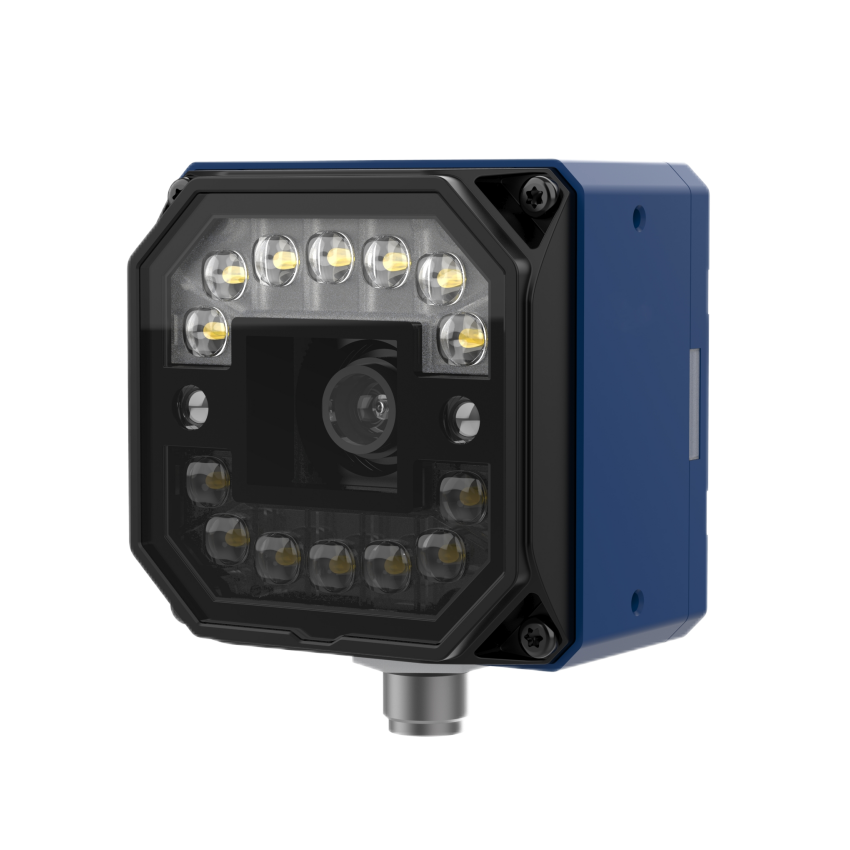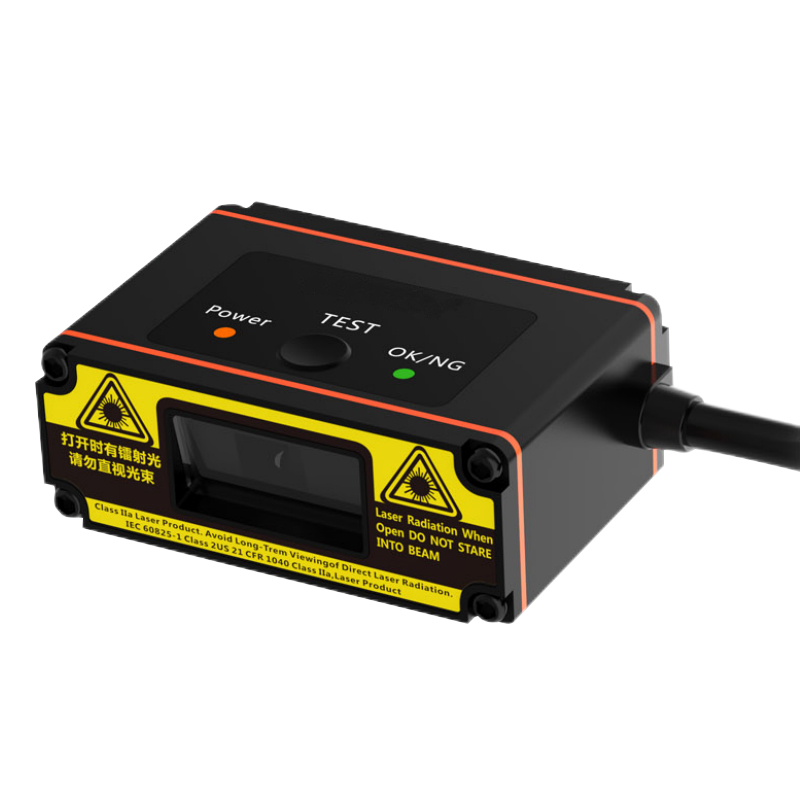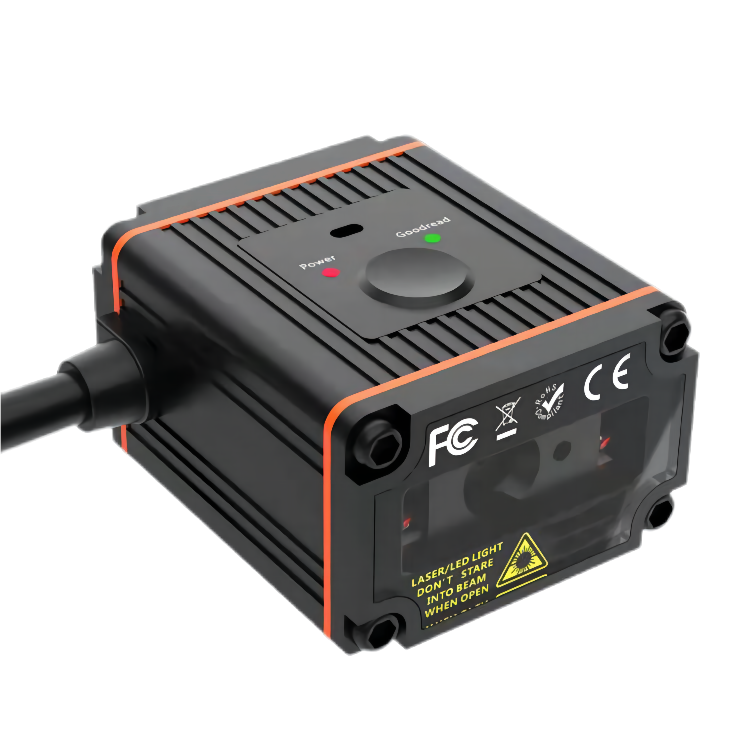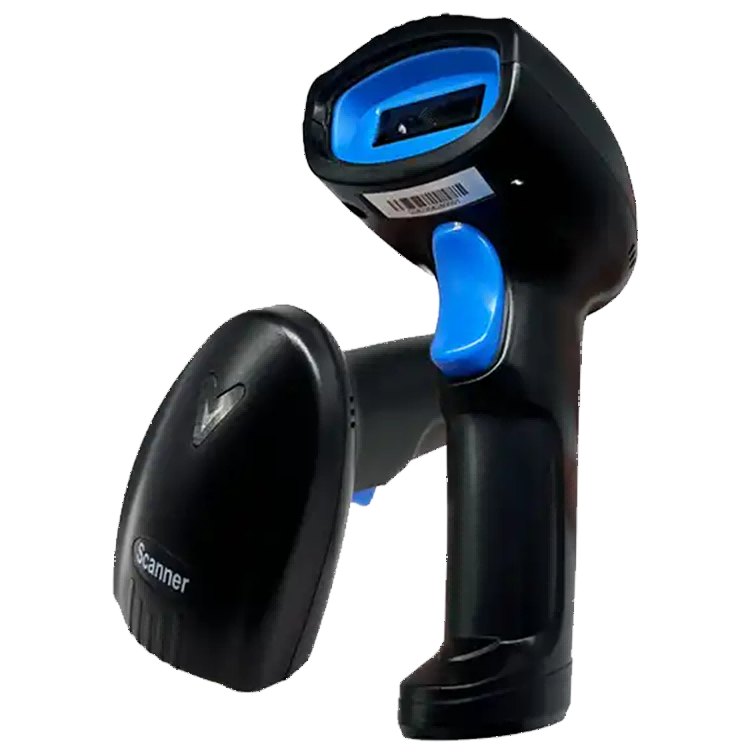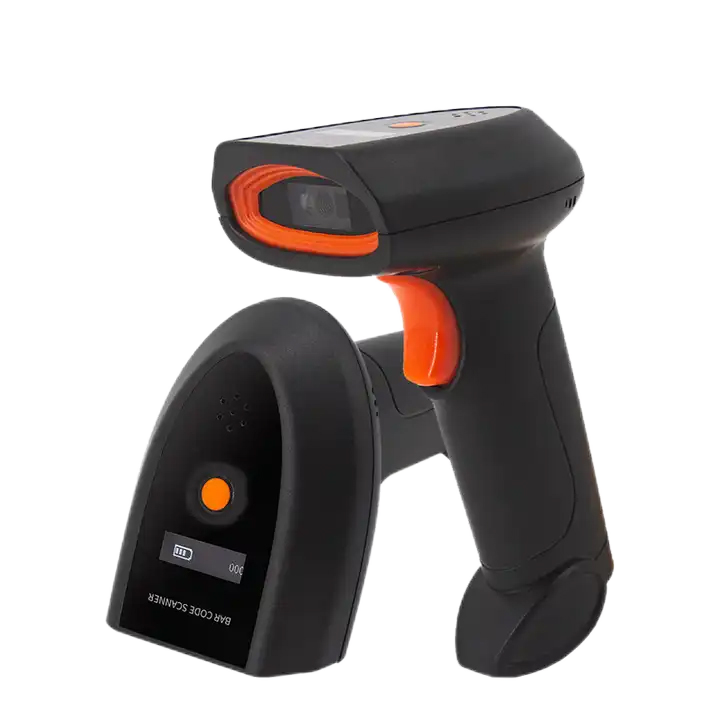
How to Quickly Choose an Industrial Barcode Scanner
In today's industrial environments, barcode scanners have become essential tools. Whether it's managing warehouses, streamlining production lines, or optimizing logistics, the right industrial barcode scanner can greatly enhance efficiency. With so many options on the market, it can be hard to know where to start. Here are some key factors to consider when choosing a scanner:
Understand Your Use Case
First, clearly define where and how you'll be using the barcode scanner. Different industrial settings have different requirements. For instance, warehouses often need wireless scanners capable of long-distance scanning and large storage capacity. In contrast, production lines is more suitable for fixed scanners with automatic sensing. Understanding your specific needs is the first step in finding the right scanner.
Scanning Performance
Scanning performance is a critical factor to consider, encompassing aspects like speed, accuracy, and the types of barcodes the scanner can read.For example, if you need a high-speed scanner that supports reading 1D barcodes, 2D barcodes, and even DPM codes, our A65 series is an excellent choice.
Consider Durability
Industrial environments are often harsh, so durability is crucial. Look at the materials used in the scanner's construction, such as ABS+TPU, and check its protection rating (such as IP65 or higher). These features will help you determine if the scanner can withstand impacts and whether it is waterproof and dustproof. A durable scanner will have a longer lifespan, reducing the frequency of replacements.
Communication Capabilities
Mobility is often a major consideration in large warehouses or factories. Make sure the wireless scanner you're looking at supports long-range communication, like 2.4G wireless, and check its maximum communication distance. Also, consider the battery life. For tasks that require prolonged use, a scanner with a strong battery life is crucial to avoid frequent recharging.
Compatibility and Expandability
Compatibility with various operating systems (such as Windows, Linux, MacOS, Android) is important, as it allows for easy integration without the need for extra drivers. Additionally, consider scanners with multiple expansion ports (like USB, RS232, Ethernet, PS/2), which can connect to a wide range of devices and systems.
After-Sales Service and Support
Good after-sales service and technical support are vital. During the installation and operation of the scanner, you may encounter various issues. Having reliable support can help you solve these problems quickly, ensuring that your scanner continues to work effectively and reducing downtime.
Conclusion
Choosing the right industrial barcode scanner may seem challenging, but by considering the points mentioned above, you can certainly find the scanner that best meets your needs and boosts your productivity. If you have any barcode scanning requirements, feel free to contact us; we would be happy to assist you.
CONTACT US
CONTACT US

are completed before submitting your inquiry.

We will respond within 24 hours.

